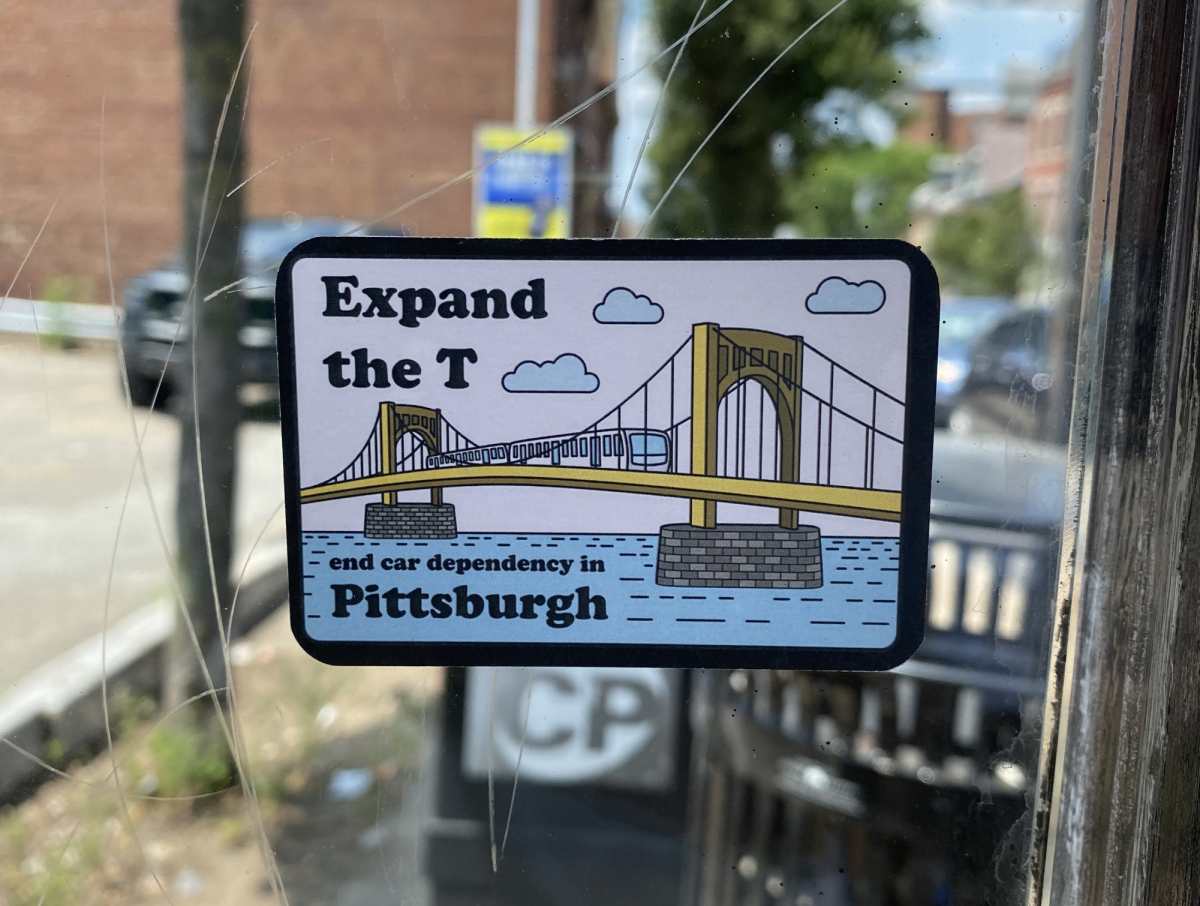While the publicity about piracy of music has died down since thousands of college students were targeted by the Recording Industry Association of American (RIAA) for stealing music via the Internet a decade ago, the push has continued today.In 2007, an article by Paula Lehman for Businessweek entitled “Battling Campus Pirates,” she stated that, more than 1,000 Ohio University and Purdue University students were targeted with file sharing violations that sometimes cost them up to $750 per song.Many legal routes are available for downloading music, such as iTunes, Rhapsody, and even Wal-Mart MP3. These options have dramatically reduced the threat of modern piracy. Lindsay Grice, a senior physical therapy major at the University of Pittsburgh, was asked “Do you know the penalties for illegally downloading music, and if so, would you be willing to pay the price?””I don’t know what they are, but probably not,” Grice replied.”If you knew the punishment was a fine … or prison time would you illegally download music?” Grice was asked. “Absolutelynot,” she said.In 2008, in an article by Diane Bartz for Reuters entitled “Bush Signs Controversial Anti-Piracy Law,” former President George W. Bush’s signing of an anti-piracy bill was described. The law stiffened the penalties for the piracy of music and movies at a federal level. It was the President’s effort to help RIAA crack down on illegally downloaded music.RIAA sent letters to multiple piracy offenders. Many corporations, such as Verizon Wireless, have been cooperating with them. As a result, if you illegally download a ringtone or a song on your mobile phone, you will most likely receive a warning message sent directly to that phone. If you ignore the warning, you could face fines or even imprisonment for refusing to pay for the song. Illegal downloading is not worth the consequences.Piracy is still pervasive today. In 2008, in the Electronic Frontier Foundation wrote, “RIAA v. The People: Five Years Later,” in which it stated, the RIAA sued Brianna Lahara, a twelve-year-old girl who was living with her single mother in New York City public housing, for illegally downloading music. To settle the case, Lahara was forced to make a public apology and pay $2,000. This could happen to anyone of us, and it would be costly and publicly humiliating for anyone involved.In a 2007 article for TG Daily by Humphrey Cheung, entitled “Single Mother Loses Big in Music Piracy Case,” the story of 30-year-old Jammie Thomas of Minneapolis, Minn., was told. Thomas lost big in the nation’s jury decision for a file sharing case. The single mother of two was found liable in sharing 24 songs from six record companies and was ordered to pay statutory damages of $220,000 or fines of $9,250 per song.”All of these cases should be a deterrent against illegally downloading music because of the penalties and public humiliation one could face. I know they were for me. I would rather pay for a legally downloaded song.In order to avoid such charges simply sign up for a free account with a legal vendor. Apple says that iTunes, for example, is “such a hit” because of its “over 13 million high-quality, DRM-free songs priced at just 69¢, 99¢, or $1.29 each.” That is a great price that many college students, like myself, have decided to use.It is always better to be on the right side of the law, so spend a couple of dollars to download the songs you want. This will always be cheaper than the fine you could receive for pirating music. At the very least, you are not spending $20 on a CD that you only want a of couple songs from.
April 19‘Burgh Bites: Subway









